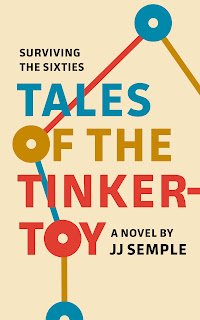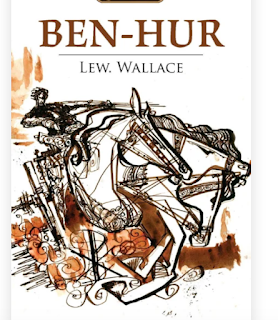While writing Tales Of The Tinkertoy, I paid short shrift to political correctness and presentism, defined by Webster as An attitude toward the past dominated by present-day attitudes and experiences or, as pundit Bill Maher puts it, Judging everyone in the past by the standards of the present. I found it difficult to filter my experience through a set of informal guidelines that smother creativity and distort reality. Better to rely on the good judgment of readers to understand things were different back then.
 Tales Of The Tinkertoy
tells it like it was. It’s a story set in its own time—the 1960s. If
nothing else, it serves as a historical reference, allowing readers to
compare the present to the not-so-long-ago past and to appreciate the
ways we’ve progressed and the ways we haven’t.
Tales Of The Tinkertoy
tells it like it was. It’s a story set in its own time—the 1960s. If
nothing else, it serves as a historical reference, allowing readers to
compare the present to the not-so-long-ago past and to appreciate the
ways we’ve progressed and the ways we haven’t.
It's in this context that we meet Gus Mazur, a young man who’s making the same mistakes you and I made when we were twenty-something. It’s the sexual revolution, a time when the uptight standards of the 1950s were turned upside down. Gus deludes himself into believing sex with liberated women will ease his frustrations about the compromises he’s forced to make at work.
Ambitious, Gus has the brains to rise to the top of network television. Yet, as the only non-white producer at WBN, he’s ambivalent about an industry that values money over narrative, politics over truth. He chafes at being obliged to run civil rights and Vietnam stories that hide the truth from the American people. But the money is good and there aren’t that many opportunities “for someone like him.”
He tries everything short of a sex change in a frantic search for love. One woman is determined to set him straight. She gets her chance after Gus is waylaid in Chicago during the 1968 Democratic Convention helping him piece his life back together.
I might write something stupid like, Don’t read Tales of the Tinkertoy
if you’re looking for spiritual guidance or tips on meditation—as if I
didn’t want you to make the journey, and make no mistake, kundalini is a
journey. And Tales of the Tinkertoy is a chronicle of that journy.
Whether you relate to nonfictional or fictional forms, check out the six books I wrote on activating and living with kundalini.
Tales of the Tinkertoy is different; it's a case study in gradual awareness. When you finish Tales of the Tinkertoy, you can always dig into my six books full of useful information about kundalini.
Right now, however, here’s an opportunity to follow a young man as he moves from the profane to the sacred, experimenting. The answers are not always in plain sight; so he learns to read between the lines. He backslides. His awakening hangs by a thread: will he find the Way? Will he take the path untrodden or will he remain tied to a life of materialism? Will he follow the breadcrumbs as the path widens?
I’ve been asked if it’s a kundalini book. I always reply it’s a kundalini inspired book.




